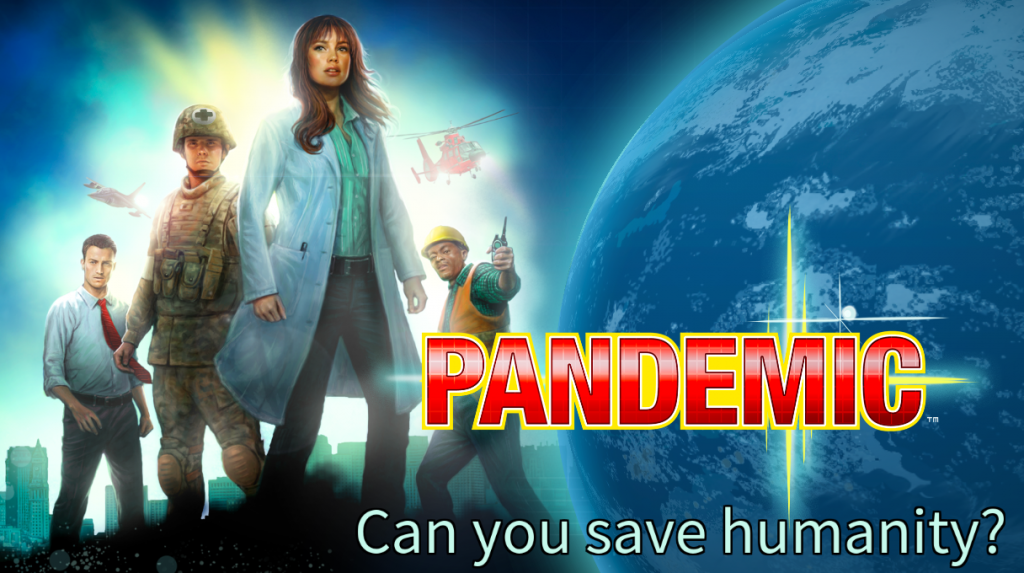I went through a stretch where I didn’t feel like a “real writer” anymore.
First I was sick with what was probably the coronavirus. (For three weeks I had a cough and aches/chills, then fatigue, chest pains and shortness of breath, but NYC won’t test unless you’re sick enough for hospitalization.)
Then I was writing and submitting a lot of articles–but when my favorite ones weren’t immediately accepted, I started to lose energy and motivation. And, I still wasn’t writing my fiction, which is my “truest” art.
PLUS I was staying up late to play… guess what… the Pandemic computer game! After a long day, it was a relief to curl up in bed and escape into a strategy game where I could cure diseases and prevent outbreaks before the world spiraled out of control.
(Other people appeared to feel the same way, because the Pandemic board game was sold out on Amazon except for a couple sellers offering it at double the prepandemic price. But, I digress…)

Playing Pandemic was messing up my fiction. I was too tired to write in the mornings before I started homeschooling my kids, and later in the day I was too scattered to write.
Then I read an article that reminded me: I’m a writer… and as a writer, I live a certain way, make certain choices, take certain actions.
The article is about a woman’s experience after her husband’s death–and how it applies to parenting during coronavirus. But, to tell the truth, I found it even more useful for myself as an artist.
“In the fog after Jake’s death, I did my best to focus on the strength I wanted, not the weakness I feared. I wasn’t a broken single mom. I was a mother guiding a family. In doing that, I stumbled into one of the more effective kinds of habit-forming: I’m the mom of a happy family, so I get up and make my kids bacon; I’m the mom of a family with a full life, so I let my kids climb the jungle gym even when I’m nervous. This mindset doesn’t keep me from crying or drinking too much wine or struggling with anxiety, but it puts me on a path to managing those things.
So, what do you need to believe about yourself right now?”
At its core, the article is *really* about constructing an identity that helps you get through each day in the best way.
This is an approach I’ve lived by for years, but sometimes we come off our center and need to relearn our own lessons.
After I read this article, my energy shifted. I no longer had a strong desire to play Pandemic. Instead, I was curious about another writer’s work and decided to read it. I started going to bed earlier and getting up early to do yoga and write.
I believed I was a writer again.
What do you need to believe about yourself?









